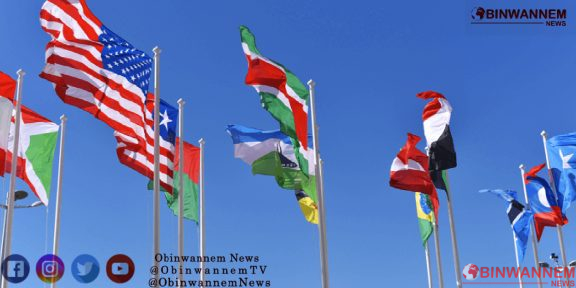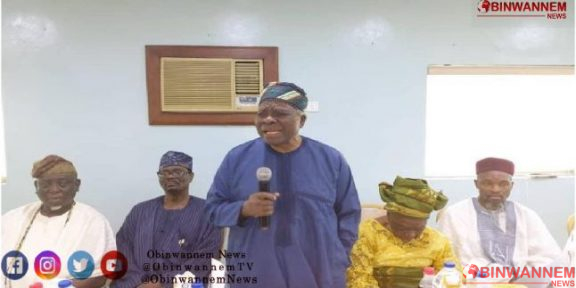In today’s world, where love stories often begin with church weddings and romantic gestures, it’s crucial to remember the importance of preserving our cultural traditions and customs. Among the Ezza Nation in Nigeria, two significant cultural rituals stand out: “ibe ugwu,” – the traditional rite of circumcision, and “òtukó utara,” the bonding ceremony through food. These customs play a vital role in strengthening the marital bonds and guarding against infidelity within the marriage.
The Ezza Nation, like many other cultures, recognizes the sanctity of marriage as a bond not only between two individuals but also between families and the community at large. While many couples today choose to wed in church and celebrate with grand ceremonies, it is essential to remember that the completion of traditional rites holds an equal, if not greater, significance.
One of the most compelling arguments for observing these customs is that they serve as a safeguard against infidelity. If a couple neglects to perform “ibe ugwu” and “òtukó utara” with each other, they must understand that accusing their partner of infidelity if they explore other relationships would be unjust.
It’s important to dispel the misconception that a church wedding alone makes a marriage immune to the consequences of infidelity. While Christian marriages are undoubtedly meaningful and spiritually enriching, they should be seen as a complement to the customs and traditions of one’s cultural heritage.
The summoning of the Umunna (immediate and extended family) of the bride during the bride price payment ceremony highlights the significance of these customs. This gathering represents the union of not just two individuals but two families and their respective traditions. It is not uncommon to find that some members of the Umunna may not be Christians but adherents of traditional beliefs.
When the Umunna initiates the marriage process, it becomes essential for the couple to follow through with the prescribed rituals. Failure to do so is akin to leaving a marriage “half-baked.” Such customs ensure that the bond between husband and wife is fortified, and they remain committed to each other throughout their lives.
Infidelity is universally frowned upon, irrespective of one’s religious beliefs. Therefore, the importance of these customs extends beyond religious boundaries, emphasizing fidelity within marriage as a fundamental principle.
In conclusion, while church weddings are a cherished part of modern culture, they should not overshadow the significance of traditional customs like “ibe ugwu” and “òtukó utara.” These practices serve as a reminder of our roots, strengthen marital bonds, and provide protection against infidelity.
To build a truly resilient and enduring marriage, one must embrace both the spiritual and cultural aspects of matrimony. It is a choice that every couple should consider making, for it connects them not only to each other but also to their heritage and Community.
















